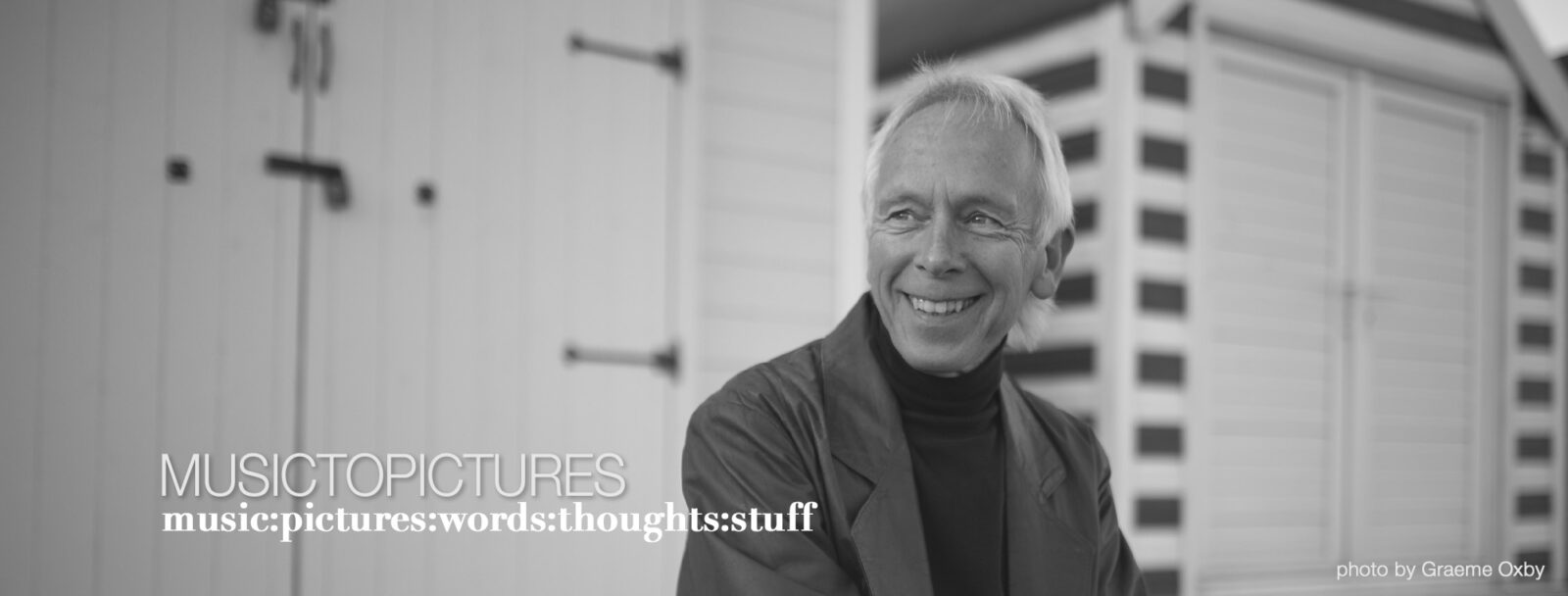
‘agreement with or belief in an idea or explanation.’
‘the process or fact of being received as adequate, valid, or suitable.’
‘to be in the embrace of what is without resistance.’
They could all imply a kind of resignation, a ‘giving up’, which to many will stir up feelings of anger and gnashing of teeth. But I’m thinking of acceptance more in the last definition. I’m by no means a Buddhist but nevertheless, the tenets of their beliefs seem to make a lot of sense. What do you think? ‘..without resisitance’ could imply a meek and mild form of compliance; a giving in, losing the ‘fight’ – “ok, you’re right, I was wrong!” Tough stuff. But to me, a fight in the form I’m discussing here is an attempt to keep something at bay, to resist, to hold up our weapons against…what exactly? The world? Fate? Feelings of helplessness? To me, acceptance is about acknowledging, not denying, difficult ‘stuff’. It’s also about accepting feelings of anger, fear and sadness: emotions often tangled up together. Anger often seems to have its roots in sadness, fear and insecurity and can so often be destructive, to ourselves and others. But if it’s recognised for what it is, accepted and acknowledged by ourselves and others, then anger is just as valid an emotion as love, albeit with often very different outcomes. In the current, ‘lockdown’ climate, stress, sadness, anxiety, fear and anger are in the air. Stress, sadness and anxiety are perhaps obvious, ‘inner’ reactions. But anger might be aimed outwards at a number of sources: politicians, neighbours, the police, the press, partners, the cat, the Chinese, the Americans: choose your target. Is that inner ‘fire’ benefiting you or others? Or is it destroying you and/or others? Whom does it help? Is it indeed anger at all, or just a manifestation of inner anxiety, frustration and fear? Tricky things emotions! But if we can accept and acknowledge that it’s ‘ok’ to feel angry, sad, afraid, anxious etc, (they’re all emotions after all; we don’t choose them, they choose us) then it’s at least a start. So please have a look at the chart, decide honestly where you are, where you’d like to be and how you plan to get there and maybe leave a comment. And, if after reading this you feel angry and want to say “YES BUT…!” please do. Cos that’s ok too. Isn’t it?
